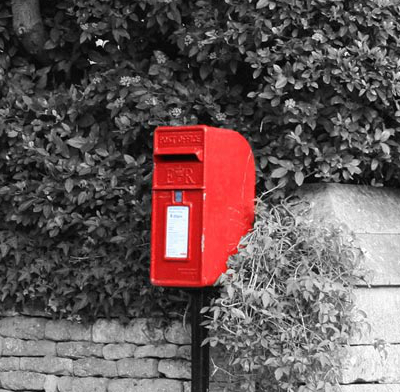Stay Safe at the Table: A Guide to Avoiding Food Poisoning

Each year, around 2.4 million people in the UK fall ill with food poisoning. Yet with just a few key habits around cooking, storing, and reheating, you can protect yourself - and still enjoy what’s on your plate.
- Handle Raw Chicken with Care
Campylobacter, commonly found in raw chicken, causes about 280,000 UK cases of food poisoning annually - more than E. coli, Listeria, and Salmonella combined. To be safe, pierce the thickest part of the chicken and ensure the juices run clear before serving.
- Keep Things Clean and Separate
Always wash your hands with warm, soapy water for at least 20 seconds before and after handling food - especially after handling raw meat, using the loo, or touching bins. Also use separate cutting boards and utensils for raw foods and ready-to-eat items like salads. If you can’t, make sure you wash and dry everything thoroughly between uses.
- Know the Danger Zone
Bacteria thrive in temperatures between 8 °C and 63 °C - known as the “danger zone.” Make sure your fridge is set to below 5 °C, your freezer to below –15 °C to prevent growth, and don’t let perishables sit out for more than two hours.
- Cook Thoroughly, Cool Quickly
Most foods, especially meat, poultry, and fish, should reach an internal temperature of at least 75 °C. Poultry should be cooked until its juices run clear; white fish should flake easily with a fork.
After cooking, let hot food cool to room temperature (around 21 °C) for no more than two hours before popping it in the fridge. Using smaller containers helps speed up cooling and avoids raising your fridge’s temperature.
- Store Smart
Always keep raw meats below cooked or ready-to-eat foods in the fridge to prevent drips. Store leftovers in shallow, lidded containers. Eat them within three to five days or freeze for longer storage. Never store food in open cans.
- Reheat with Confidence
Reheat leftovers thoroughly, ideally until they’re piping hot or reach 75 °C internally. In microwaves, stir and rotate halfway through to avoid cold spots.
Some foods (like rice and potatoes) can develop harmful bacteria if reheated improperly—so refrigerate leftovers promptly, reheat fully once, and avoid reheating multiple times.
- Don’t Cook When Unwell
If you’re under the weather - or still recovering - skip food prep. Let someone else take the lead in the kitchen until you're back to full health.
Remember, you don't need to be a chef to stay safe. A bit of care around cleaning, cooking, storage, and timing goes a long way. When in doubt, throw it out—it’s better to be safe than sorry!
Latest News
Useful Links to Further Information
- THE BRITISH INSTITUTE OF FACILITIES MANAGEMENT (BIFM)- Founded in 1993, BIFM is a professional body for facilities management, both individuals and organisations.
- FIRST POINT ASSESSMENT (FPAL)- Is a supplier management community supporting the European oil and gas industry.
- THE CHARTERED INSTITUTE OF ENVIRONMENTAL HEALTH (CIEH)- A charity that is the professional and leading voice for environmental and public health and safety.
- INSTITUTE OF HOSPITALITY- A professional membership group that provides support and information for those who work or study in the hospitality and tourism industries.
- FOOD STANDARD AGENCY (FSA)- The governmental department responsible for food safety and hygiene throughout the UK.
- THE UNIVERSITY CATERERS ORGANISATION (TUCO)- TUCO is a professional membership group for in-house caterers within the higher education sector, and is one of the leading organisations of its kind in the UK.
- BRITISH HOSPITALITY ASSOCIATION (BHA)- An agenda-setter and members organisation for the hospitality and tourism industry that helps to promote the interest of operators, brands and owners across the hospitality and tourism sectors.
- ROYAL SOCIETY FOR PUBLIC HEALTH (RSPH)- An independent and multi-disciplinary charity who’s mission is to improve public health and wellbeing.
- INTERNATIONAL FACILITY MANAGEMENT ASSOCIATION (IFMA)- An international association for facilities management professionals, supporting 24,000 members in 105 countries.
